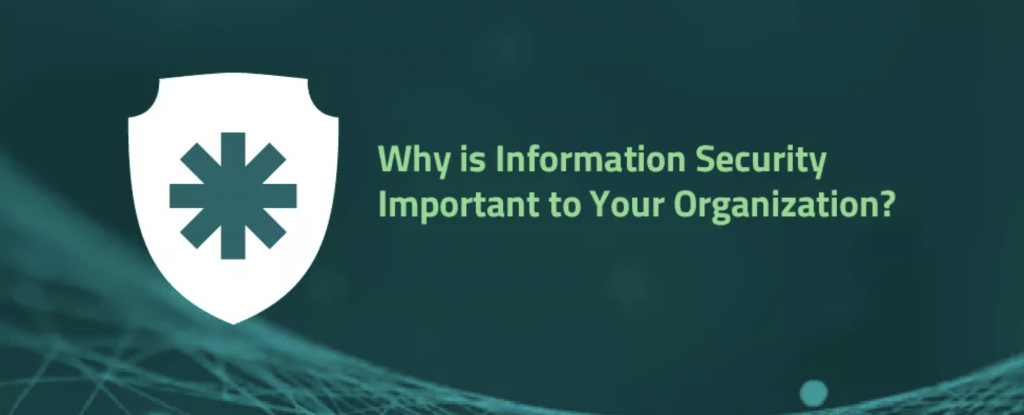Category: VENDORSNEWSSegura News

As technology becomes increasingly sophisticated, criminals’ skills often evolve as well, in many cases surpassing the skills of security professionals within organizations. The proof of this is that the number of successful attacks is growing every year.
We live in a connected world. It is hard to imagine that what once started as a small number of large computers in the 1970s has grown to encompass billions of connected devices from personal computers and smartphones to Internet of Things (IoT) devices. However, the advent of personal computing has come at the price of additional security risks in everyday life.
The risk of a cyberattack to organizations has increased exponentially. Threats can occur anywhere on the network where there is a potential vulnerability that hackers can exploit, whether through a phishing email message, a fake social media post, or even compromised hardware.
As the number of devices increases, the potential for attacks and disruption grows as well. That is why the need for cybersecurity measures grows exponentially too.
Keep reading this article to understand the importance of security to your business.
Advanced security measures are a must for any organization. Most companies do not like to talk about it, but security breaches happen constantly in unprotected means and even monthly.
Cybercriminals are constantly looking to hack companies and many succeed. A good security system that protects IT for companies is the best defense a business can have against these threats.
The importance of cybersecurity for a company is not only for protecting its information, but also the information of its employees and customers.
Consequently, companies have a lot of data and information in their systems. A fact that increases the importance of security, be it of data, information, or cybersecurity in general.
Cybersecurity breaches can be costly and harmful to any organization, both in terms of finances and reputation. Recent research reported that 43% of organizations experienced a data breach involving sensitive customer or business information in the past two years.
Based on this data, two out of five companies are hit each year by a serious breach, in which a significant amount of sensitive data is compromised. It is noticed that hardly a week goes by without at least one data breach report in the news.
A store can have its credit card data stolen. A health insurer may have lost its policyholders’ records. The government loses records of permits – while what should have been private emails are now being posted on activist websites. It appears that no private or public organization is fully protected against cyberattacks.
The nature of cyberattacks is much more advanced. Initially, the most common target was email, such as messages from ‘banks’ requesting account details or personal data (IDs). But as computing has advanced, cyberattacks have also moved towards larger-scale operations, which are no longer limited to an individual, but rather to businesses, financial markets, and the government sector.
According to studies conducted by IBM, the average cost of a data breach is $3.62 million, which for many companies is an unbearable cost.
Here are the top challenges companies face in trying to protect their confidential information.
Malware is an infectious agent that attacks software or pieces of software with malicious code intending to cause damage to data or devices within an organization.
Hackers and criminals look for vulnerabilities within companies that can facilitate their attacks. These vulnerabilities are the result of the company’s own negligence, that is, the lack of care and investment in data security.
Some of the risk factors that may go unnoticed are outdated equipment, unsecured networks, incorrect configurations, and even lack of employee training.
This is a type of attack developed through electronic fraud. One of the more classic ways is when the criminal impersonates someone trusted by the company via email, making the target easily click on infected links.
Some of the hidden goals in this practice are identity and banking information theft.
Some systems cannot go down, and some attacks affect exactly the stability of these systems, causing crashes that consequently damage the company’s image or, worse, affect its revenue.
Some data and information must be protected and accessed only by authorized and extremely trustworthy staff. When this basic rule of protection within companies is not followed, people outside the circles of trust can gain access to this data and misuse it.
Cybersecurity is important for any organization that has critical data and information that cannot be lost or stolen. When it comes to criminal attacks, many companies are defenseless against them.
The reason for this is, in part, due to the lack of a proper cybersecurity service. When the company is aware of the importance of cybersecurity, it will what is necessary to ensure the protection of its business.
Category: VENDORSNEWSSegura News
